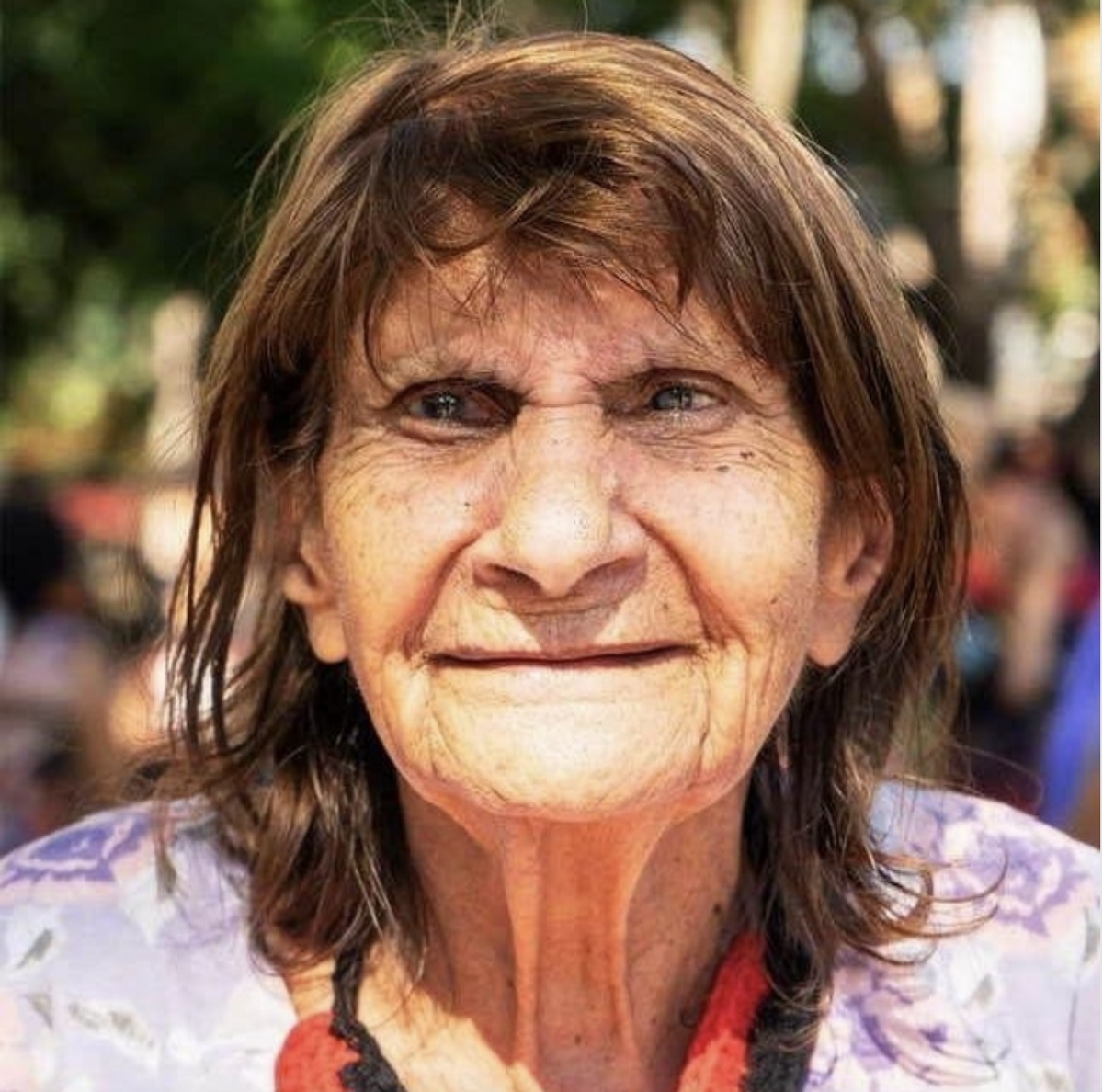
The passing of Nanna Nangala Fejo at 91 is an occasion of both sadness and appreciation; a loss, but also a moment to reflect on her lasting legacy.
Flinders University celebrates the extraordinary life and contribution of Nanna Fejo – a Warumungu woman from Darwin and Tennant Creek, Northern Territory.
We acknowledge her passing from this world to join her ancestors, and we acknowledge those she has left behind to carry on her leadership and vision.
We especially express our heartfelt respect to her children, who continue in Nanna Fejo’s footsteps in their commitment to health and cultural leadership.
The Fejo family are important to the very fabric of Flinders University: Uncle Richard Fejo Senior has shared his expertise as a cultural educator in our College of Medicine and Public Health since 2020 and is deeply valued as Senior Elder-On-Campus on Larrakia Country with Poche SA+NT at our Darwin campus. Dr Aleeta Fejo is a Flinders Alumna who studied medicine. Meanwhile, her second eldest child Dr Christine Fejo-King received a Doctor of Philosophy from ACU.
The word that seems most connected to Nanna Fejo is strong. It doesn’t just capture her spirit, but describes her contribution to community, to her Country, to this nation.
Taken from her family as a child of four and transported far away to Alice Springs never to see her mother again under the reviled Policy of Assimilation, Nanna Nangala was a member of the Stolen Generations whose personal story helped galvanise Australia to recognise the injustice of forced removal.
Indeed, hers was a pivotal voice to the 2008 National Apology to the Stolen Generations. Her story was representative of the suffering endured by the many thousands who were taken away, but was also a story of resilience, and a determination to make a difference through meaningful action.
This is writ large in Nanna Nangala’s pioneering work in the Northern Territory and her long-standing advocacy of Aboriginal mothers, children and families. In 1998 her support for new mothers as the coordinator of the Strong Women, Strong Babies, Strong Culture program was recognised by the Australian Medical Association’s Best Individual contribution to health care in Australia award, and in the same year she became one of the earliest recipients of the Chief Minister’s Women’s Achievement Award. In 2000 she was bestowed an Australian achievement award from the National Australia Day Council, was honoured with a Centenary Medical in 2001 and received a research and innovation medal in 2009.
Flinders University President and Vice-Chancellor Professor Colin Stirling says Nanna Nangala epitomised grace, generosity and caring.
“That Nanna Nangala’s life focused on health, especially healthy families, reflects her intrinsic understanding that healing matters,” says Professor Stirling.
“Nanna Nangala’s passing is a significant loss to the Aboriginal and wider Australian community. Her courage in sharing her journey helped us to understand a tragedy, while her knowledge, leadership and cultural authority helped guide us as a nation towards repairing a great rift. Perhaps the greatest respect we can pay Nanna Nangala is to honour the call for truth telling and healing.
“At Flinders, this means living the principles in our Reconciliation Action Plan of reciprocity, respect and relationships, and understanding that our individual actions can be immensely important and powerful.
“Vale Nanna Nangala – may your important and powerful actions continue to resonate over the generations and guide us towards healing.’
“On behalf of all at Flinders University, I extend my deepest sympathy to Nanna Nangala’s family and extended family.”

